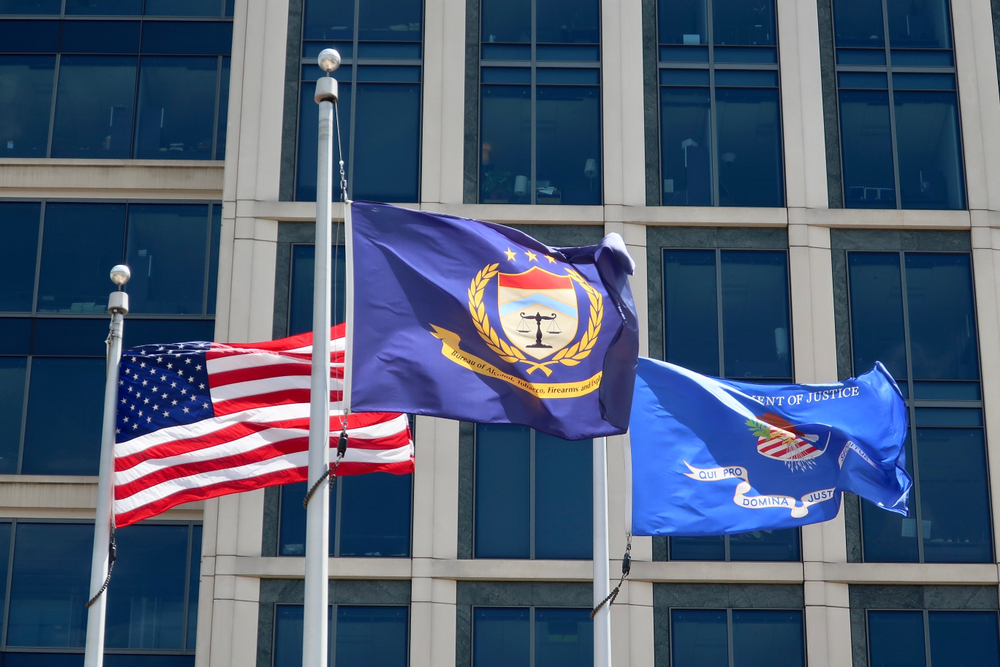 By The Washington Times
Editorial Board
By The Washington Times
Editorial Board
No department of the government has a mission more important than the Department of Homeland Security (DHS), created after Sept. 11, 2001 to defend and protect the towns and cities, the farms and factories of the American homeland. It ought to be one of the most attractive places in Washington to work, inspired by pride and sacrifice to deliver a job well done. But it isn’t. It’s one of the worst.
By one measure it has succeeded beyond bureaucratic dreams. The department has grown to encompass 22 agencies, with 168,000 full-time permanent employees. Armies become lean and mean when they fight on home soil, but this bureaucracy has become fat and forlorn. A survey by the Partnership for Public Service to determine the best place to work among large federal agencies ranks the Department of Homeland Security dead last. Both Democrats and Republicans in both the House and Senate are trying to find out why.
The bureaucrats have resorted to the usual “studies” and “task forces” to find out why everyone in the place is so sad. If that doesn’t answer the questions, they will commission another study to find out why the first study failed. Millions have been spent on these studies already.
Techdirt, an independent blog about the bureaucracies, reports that employees complain that “senior leaders are ineffective; that the department discourages innovation, and that promotions and raises are not based on merit. Others have described in interviews how a stifling bureaucracy and relentless congressional criticism makes DHS an exhausting, even infuriating, place to work.”
Now even Congress has noticed. The Washington Post reports that Sen. Claire McCaskill of Missouri, a Democrat, last week wrote to ask Homeland Security Secretary Jeh Johnson to account for how the study money was spent. “The volume of reports that DHS has commissioned to address these issues is concerning,” she wrote, “and morale continues to remain low in the department. It is unclear who is commissioning these reports and who, if anyone, is reading them.” She is the ranking member of the Homeland Security and Governmental Affairs Committee. She wants answers by March 27, and asked Mr. Johnson “to provide costs and details of all studies DHS has done on employee morale in the past five years; the names and titles of each official who approved the studies; the recommendations they made and whether any were implemented, and whether any of the more recent studies were approved by [Mr.] Johnson or his appointees.”
To read more click here.
Other Stories of Interest
- Man Rescued, Arrested After Trespassing on FBI Property in Pittsburgh
- FBI Asks Questions About Ft. Lauderdale Police Investigation
- Border Patrol Agent Finds Immigrant Locked in Toolbox
- Lawmakers Seek More Answers in Secret Service Incident
- TSA Agent Recalls Horrifying Machete Attack, Called a ‘Hero’




